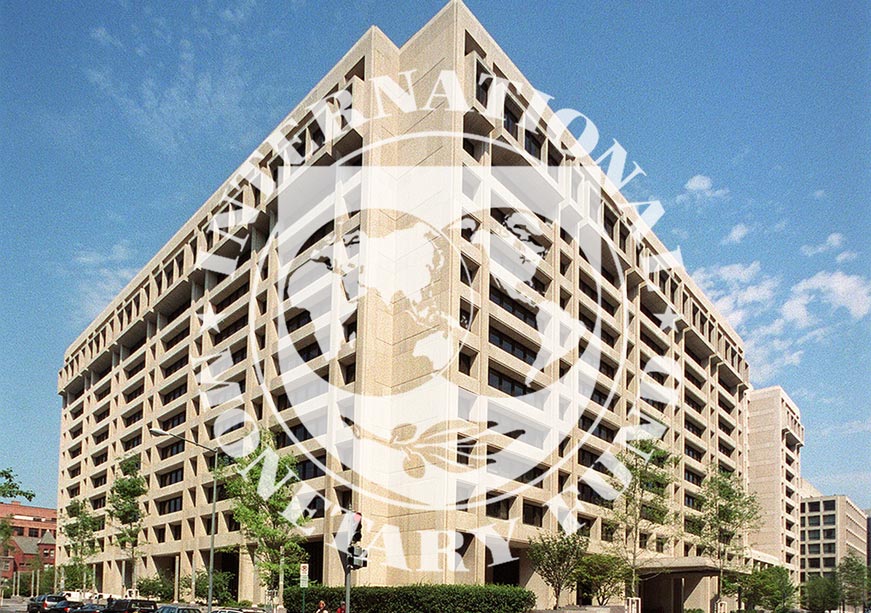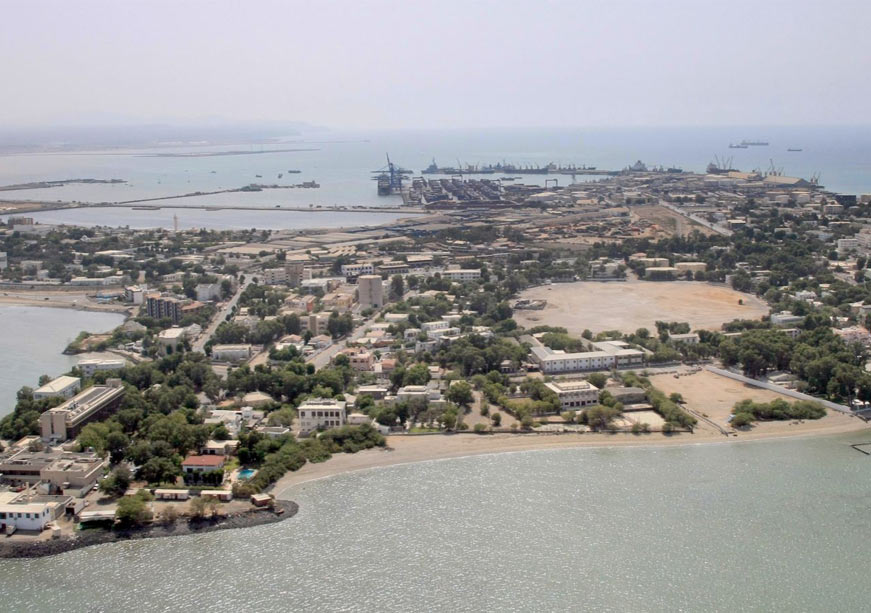IMF guidance is reshaping Gulf economies, yet the pace and depth of reforms vary from country to country despite common objectives
At the 2025 World Government Summit, Kristalina Georgieva, Managing Director of the International Monetary Fund (IMF), highlighted three priorities for the Gulf countries. The first priority entails raising productivity through macroeconomic reforms and digitalisation. The second is enhancing the environment for innovation, creativity, and entrepreneurship through bringing more young people and women into the workforce, as well as boosting research and development (R&D). The third priority is deepening regional economic integration through intra-regional trade and connectivity.
The IMF’s policies towards the Gulf are generally advanced through staff consultations with the national governments of each Gulf country.
The IMF’s policies towards the Gulf are generally advanced through staff consultations with the national governments of each Gulf country. Following this stage, a report is published for all six Gulf countries with the exception of Bahrain, as of late. These are known as the Article IV staff reports. The IMF consultations appear to be having an impact on Gulf economies, with the IMF monitoring the progress made in relation to its recommendations on a year-on-year basis. Therefore, the IMF has proven to be an influential actor in Gulf economies, with priorities evident for ensuring the sustainability of prosperity across the Gulf.
Uneven Success
Between 2023 and 2024, the IMF’s recommendations seem to have been most successful with Saudi Arabia and Oman, least successful with Qatar and Kuwait, and moderately successful with the United Arab Emirates (UAE). Progress on consultations with Bahrain remains unknown, but its economic reforms have been struggling to launch, especially with the latest reform package being halted in parliament.
Between 2023 and 2024, the IMF’s recommendations seem to have been most successful with Saudi Arabia and Oman, least successful with Qatar and Kuwait, and moderately successful with the United Arab Emirates (UAE).
Case in point, the latest Article IV staff reports on each of the Gulf countries for which it is available, had differing percentages of success in the section dedicated to evaluating the progress since the previous report’s recommendations. For example, in the case of Kuwait, out of eight recommendations carried out from 2023 to 2024, only two were partially implemented, and the rest were not implemented at all. The rest of the countries had better progress on implementation, which I will seek to illustrate briefly.
Macroeconomic Reforms
The IMF has long urged Gulf economies to rationalise public spending, reduce energy subsidies, and diversify revenues beyond hydrocarbons. The IMF noted that Saudi Arabia took a significant step by increasing diesel prices by 44 percent in January 2025. Meanwhile, Kuwait and Qatar appear to be facing challenges. Kuwait’s plans have yet to be implemented since the legislation that articulated all fiscal reforms sought by the IMF, other than the introduction of the Value Added Tax (VAT), was drafted and submitted to Parliament. However, it has not been enacted again due to the parliament’s dissolution. On the other hand, Qatar has delayed the VAT introduction and other revenue diversification measures, preferring to wait until domestic and global growth conditions are more robust, per the IMF.
Saudi Arabia’s 2025 Labour Law amendments guarantee employees equal access to opportunities and benefits and require employers to establish training and qualification policies, aligning with the IMF’s recommendations for deeper labour market reforms.
Furthermore, labour market modernisation has been a shared priority as well. Saudi Arabia’s 2025 Labour Law amendments guarantee employees equal access to opportunities and benefits and require employers to establish training and qualification policies, aligning with the IMF’s recommendations for deeper labour market reforms. Oman’s new labour and social protection laws introduced a remote work model and unified social insurance across public and private sectors. In the UAE, US$1.7 billion was allocated to the National Programme for Emiratisation (NAFIS) to promote private-sector employment for Emiratis, all of which the IMF notes as progress on its recommendations.
Business Environment Governance
Beyond fiscal reforms, the IMF has consistently emphasised institutional capacity and governance, making strengthening governance a recurring recommendation across the Gulf. In Saudi Arabia, this has led to an increase in the powers of Nazaha, the Saudi anti-corruption commission, as well as the implementation of a new whistleblower law, which also builds on IMF recommendations. The IMF has also pushed for a stronger financial sector and for enhancing its compliance with international standards. Executing this, Oman has opened its banking sector to new foreign players. Additionally, in the UAE, the IMF has recommended strengthening the Anti-Money Laundering (AML)/Combating the Financing of Terrorism (CFT) regime, a goal achieved as signalled by the UAE’s exit from the Financial Action Task Force (FATF)’s grey list in February 2024.
These efforts have been coupled with efforts to improve data transparency as well. The IMF has noted that Saudi data adequacy has improved, especially on national account coverage and household survey data. In the UAE, the Central Bank has hired 15 new staff to implement the revised external statistics publication, according to the IMF. In Qatar, the establishment of the National Statistics Centre under the National Planning Council was another step in the same direction.
The Gulf states are evidently influenced by the IMF’s agenda, yet the depth and pace of the recommendations’ implementation remain uneven.
The IMF has equally emphasised the importance of a more dynamic, private sector-led economy. In Saudi Arabia, regulatory barriers have been eased, with the updated 2025 Investment Law providing stronger investor protections, equal treatment of domestic and foreign investors, and more dispute settlement options. Oman has also reduced the state footprint, with the Oman Investment Authority continuing to divest assets through Initial Public Offerings (IPOs) and attracting foreign participation. Moreover, the Future Fund Oman is expected to boost venture capital for startups. In Kuwait, the amendment to the Commercial Law permitting full foreign ownership of local branches is seen as a rare enacted reform from the IMF’s recommendations.
Conclusion
In conclusion, the IMF’s engagement with Gulf states in the past two years has demonstrated a mixed picture of reform success. Saudi Arabia and Oman stand out for their consistent progress on fiscal, labour market, and business environment reforms, closely aligning with IMF recommendations. The UAE has delivered results in financial compliance and Emiratisation, though broader structural reforms remain gradual. Kuwait and Qatar continue to face political and timing challenges that delay major fiscal measures, and Bahrain’s trajectory remains uncertain, given stalled reforms in parliament and a lack of a public staff report. Collectively, the Gulf states are evidently influenced by the IMF’s agenda, yet the depth and pace of the recommendations’ implementation remain uneven.
Mahdi Ghuloom is a Junior Fellow at the Observer Research Foundation (ORF) – Middle East











